Experte
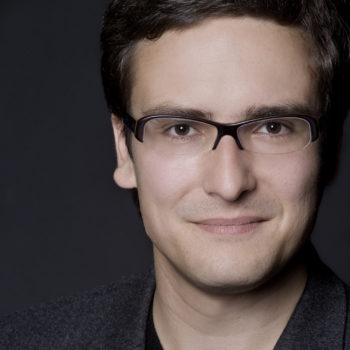
Hannes Langbein
Expert on art, culture and networking.
Experte
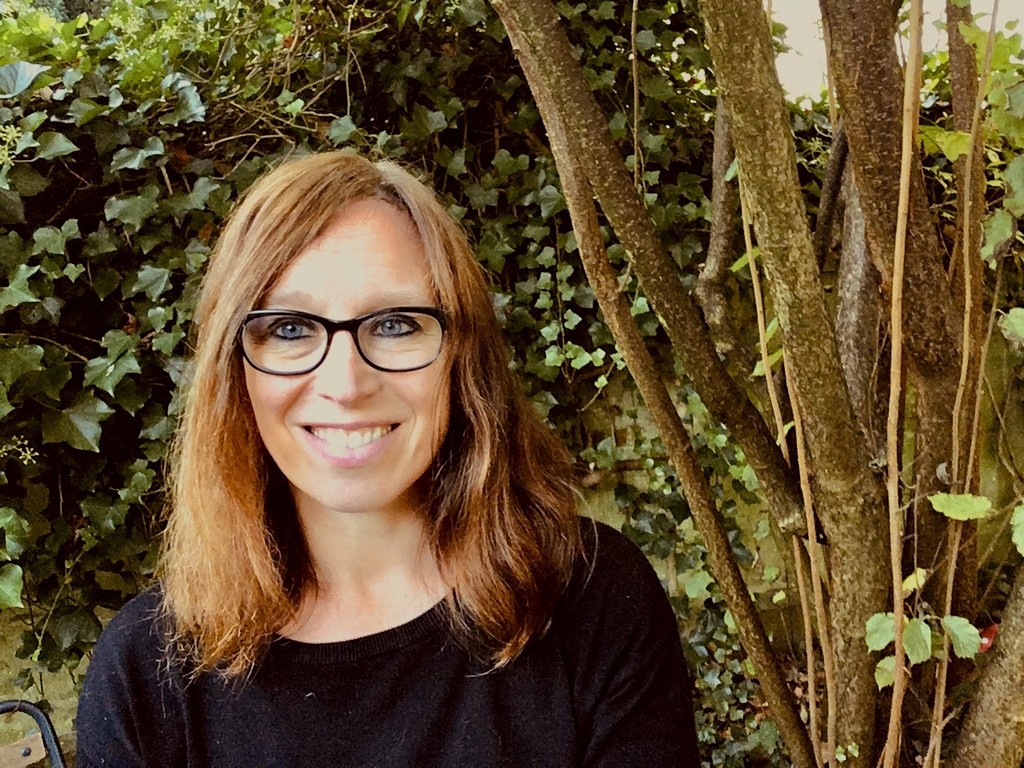
Katharina Heberer got to know KLOSTERLAND through her colleague Martin Erdmann, who is on the advisory board of KLOSTERLAND e.V., and who invited her to the workshop “Monastery Gardens Yesterday and Today” in Bronnbach. Since then she has been involved with the association as a garden expert and also could be heard in one podcast episode.
Katharina Heberer comes from the Siegerland region. She was born to develop an affinity for gardening: her parents have been cultivating a large kitchen garden for over 50 years, in which she has been out and about from an early age. After taking her Abitur, she completed an apprenticeship as a gardener, then worked for a few years as a fellow at the Siegen Castle Park before studying horticulture in Osnabrück. After completing her studies, she moved to the Ruhr area, where she took notice of the first plant catalogue of the Manufactum company – and sent them an unsolicited application. Soon after she there took over the gardening department and has been responsible for the product management of the departments garden, plants and household for over 22 years. Furthermore she works as an editor in many garden-related media, has created a “digital gardening calendar” for the Manufactum shop and published the book “Das Manufactum-Gartenjahr” (the Manufactum gardening seasons).
At home she has a small backyard garden in in the centre of Dortmund (which has already been featured in “Schöner Wohnen” and the “Ruhrnachrichten”), she frequently visits flea and plant markets and is a passionate excursionist. Her favourite destinations: the industrial wastelands and mine dumps of the Ruhr area, which fascinate her not only through the impressive architecture of the former industrial giants, but especially through the plant life to be found there.
Katharina Heberer is an expert for gardening in the city (kitchen gardens / flower gardens / raised-bed gardening), the site-appropriate use of plants, native plants, the diversity of species and varieties (especially for fruit and vegetables), insect-friendly plants, the industrial nature in the Ruhr area (wild plants on mine dumps and industrial wastelands), garden tools and equipment.
Experte

Expert on art, culture and networking.
Experte
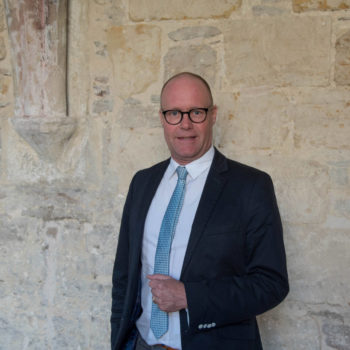
Expert on networking, Cistercians, exhibitions, use and re-use of sacred buildings.
Experte
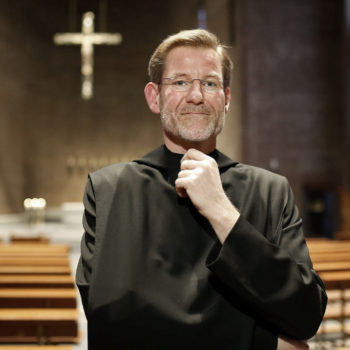
Expert on monastic products, monastery, Benedictines, music and monastic culture.
Experte
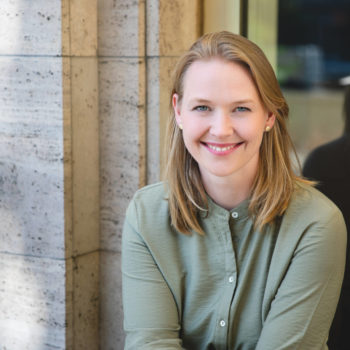
Expert on strategy, networking, change management and organisation developement.